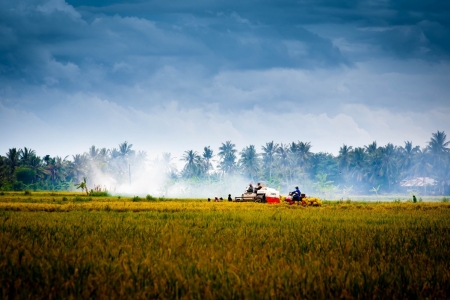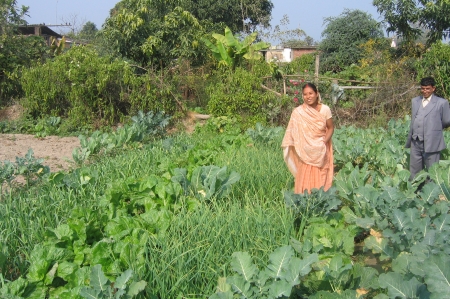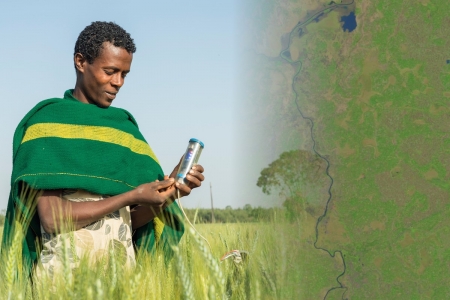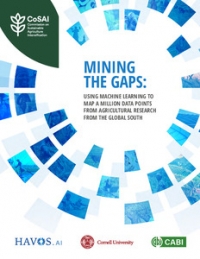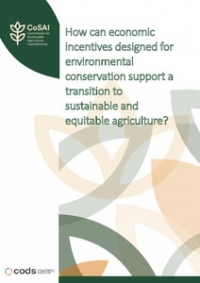To protect the future of food, water and quality of life, the world needs to urgently change the way we use nature. These were the findings of last year’s groundbreaking Intergovernmental Platform for Biodiversity and Ecosystem Services (IPBES) report. With the support of a team of 550 leading experts, from over 100 countries, that included scientists supported by the CGIAR Research Program on Water, Land and Ecosystems (WLE), the report provides extensive evidence that we need to urgently reduce and, where possible reverse, biodiversity loss and ecosystem degradation. These findings have now been brought to life through new videos.
“We must act now to halt and reverse the unsustainable use of nature or risk not only the future we want, but even the lives we currently lead,” states the Chair of IPBES Sir Robert Watson in the videos.
In March 2018, IPBES launched four Assessment Reports on biodiversity and ecosystem Services - one each for Africa, the Americas, Asia Pacific, and Europe and Central Asia. Together they are the most important expert contribution of the past decade to the state of knowledge about nature and nature's contributions to people.
“The four IPBES regional assessments are a significant achievement at a global scale,” said Sonali Senaratna Sellamuttu of IWMI, who co-chaired the Asia and the Pacific regional assessment. “For the Asia Pacific, this landmark assessment clearly shows that the rich biodiversity of the region and the ecosystem services it provides underpin people’s well-being. The assessment is an important resource for decision makers and investors who will be able to make more informed decisions about the sustainable utilization of biodiversity and ecosystem services, while still delivering on development agendas."
Sellamuttu and her fellow Asia-Pacific co-chair Karki have argued that the findings show that Asia’s environment is at a tipping point.
The videos released by IPBES provide some highlights of the report’s key findings. Through WLE, the International Centre for Agriculture in the Tropics (CIAT) also served as Lead Author on the African regional assessment, and World Agroforestry (ICRAF) and Bioversity contributed to assessments. The IPBES regional reports are informing discussions currently underway regarding the post-2020 global biodiversity framework under the Convention on Biological Diversity as well as informing action on implementing the 2030 Agenda for Sustainable Development and the SDGs.


